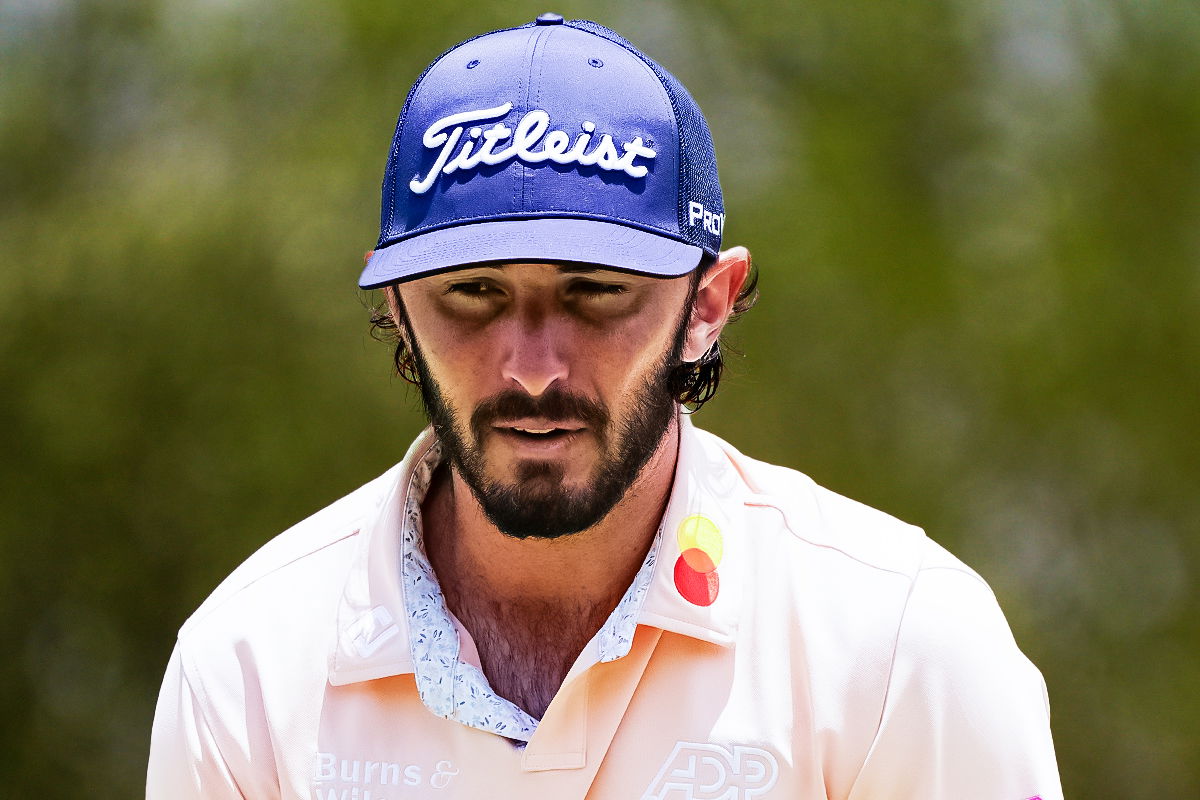
Imago
Credits: Imago

Imago
Credits: Imago
Remember when Max Homa was the king of golf Twitter? His brutal swing roasts and witty commentary made him a must-follow for golf fans everywhere. One particular moment stands out from last year. LPGA host Hope Barnett bravely posted her swing and tagged Homa for his opinion. His response? “Is ur middle name Less?” Classic Homa humor that earned thousands of likes and shares.
Watch What’s Trending Now!
But that witty online presence is now history. Homa has stepped away from social media entirely. This dramatic change made his recent comments about phone usage particularly revealing. During a candid conversation on Fore Play Podcast Plus, Homa’s perspective on digital dependence emerged clearly.
Max Homa and Wyndham Clark sat side-by-side discussing their relationship with technology during major championships. Both pros admitted they try to disconnect during these high-pressure weeks. Their approaches, however, couldn’t be more different.
ADVERTISEMENT
When asked about phone usage during majors, Clark immediately emphasized tuning out distractions. “You know what people don’t think about is you have a lot of friends that might be in that area saying ‘Hey, can I get tickets, want to do dinner?'” he explained. These requests can pull focus from the task at hand.
Clark further detailed his strategy for maintaining balance. “I mainly look at kind of my team and the people that are closest to me to make sure that obviously we’re communicating right,” he shared. Beyond that essential communication, he deliberately steps back from his device.
Homa nodded in agreement throughout Clark’s explanation. “Very similar,” he confirmed when his turn came. His phone habits during tournament weeks remain strictly limited. “I’m mostly if I’m on my phone I’m typically texting my coach or caddy, my wife, or playing some kind of New York Times like crossword game,” Homa revealed.
ADVERTISEMENT
The conversation took an interesting turn when discussing unread text messages. Homa proudly declared having zero unread texts. Clark sheepishly admitted to having thousands. “Oh man, that’s bad,“ Homa responded, unable to hide his dismay at Clark’s digital chaos.
🚨❌👎 #FOR THE SICK: Max Homa was asked if he’ll be back on X now that his TGL season is over: “No, I think I finally had a come-to-Jesus moment that it’s for the sick. I was sick. I’m just trying to get healthy now. No, I have not enjoyed that app. It’s not very fun. It’s fun… pic.twitter.com/fhmITloLLT
— NUCLR GOLF (@NUCLRGOLF) March 5, 2025
ADVERTISEMENT
Earlier this year, Homa walked away from X (formerly Twitter) after what he called a “come-to-Jesus moment.” His podcast comments now reflect this new perspective. Despite once having nearly 700,000 followers, Homa chose mental well-being over online popularity.
Top Stories
Brooks Koepka Approaches PGA Tour With an Impossible Request After LIV Golf Departure
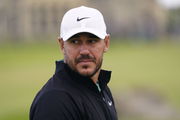
Brooks Koepka’s Fate Lies in Tiger Woods’s Hands as His PGA Tour Return Intentions Become Public
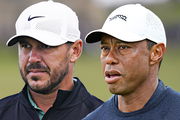
Jon Rahm Breaks Silence on Enduring ‘Overweight’ Jibes from American Fans: ‘It Was Rough’
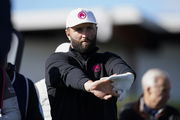
PGA Tour Quietly Alters One of Its Most Controversial Rules before 2026 season
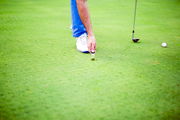
PGA Tour Pro Rejecting 8-figure LIV Golf Offer Forces Re-Signing of Sacked Golfer

How social media affects golf performance
The relationship between social media and professional golf creates unique challenges for athletes. Pre-competition social media use can significantly increase mental fatigue. Research shows that scrolling through platforms before competition depletes cognitive resources needed for strategic decision-making.
ADVERTISEMENT
Due to the individual nature of their sport, professional golfers face intense scrutiny online. This digital pressure intensifies during major championships, when public attention peaks. The constant feedback loops of likes and comments activate reward pathways in the brain. These interactions create dependency cycles, affecting sleep quality and increasing stress levels.
The PGA Tour recognized these challenges by introducing a Mental Health Initiative in 2024. This program includes confidential counseling and social media training workshops. As social media reshapes professional golf, balancing online engagement with mental well-being becomes increasingly crucial for players.
Speaking about his X journey, he said, “No, I have not enjoyed that app. It’s not very fun. It’s fun to watch our little highlights or lowlights, and that stuff is fun. The rest of it’s probably not great, so I’m going to stick to TikTok.”
ADVERTISEMENT
Homa and Clark’s podcast conversation highlights two different approaches to this modern challenge. Homa has chosen complete disengagement from certain platforms. Clark maintains his online presence but creates boundaries during competition. Their shared goal remains the same – protecting the mental space needed for peak performance in golf’s most demanding moments.
ADVERTISEMENT
ADVERTISEMENT
ADVERTISEMENT

